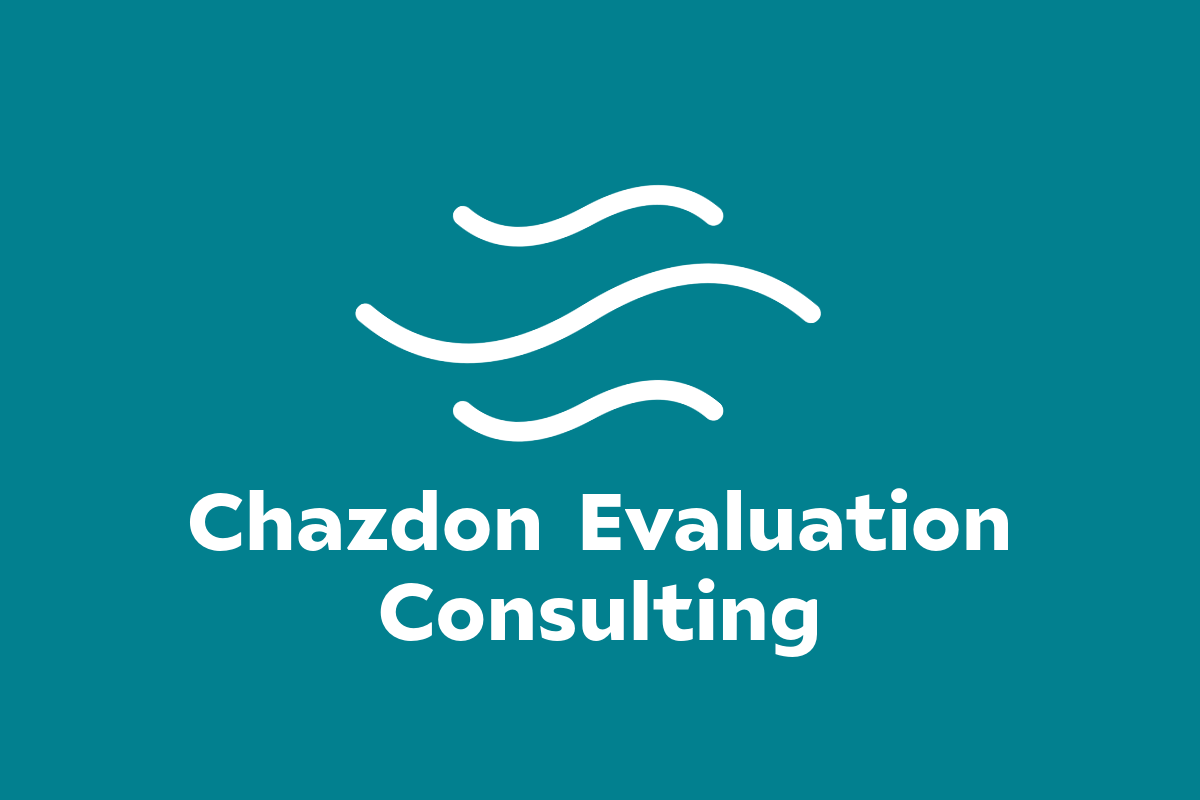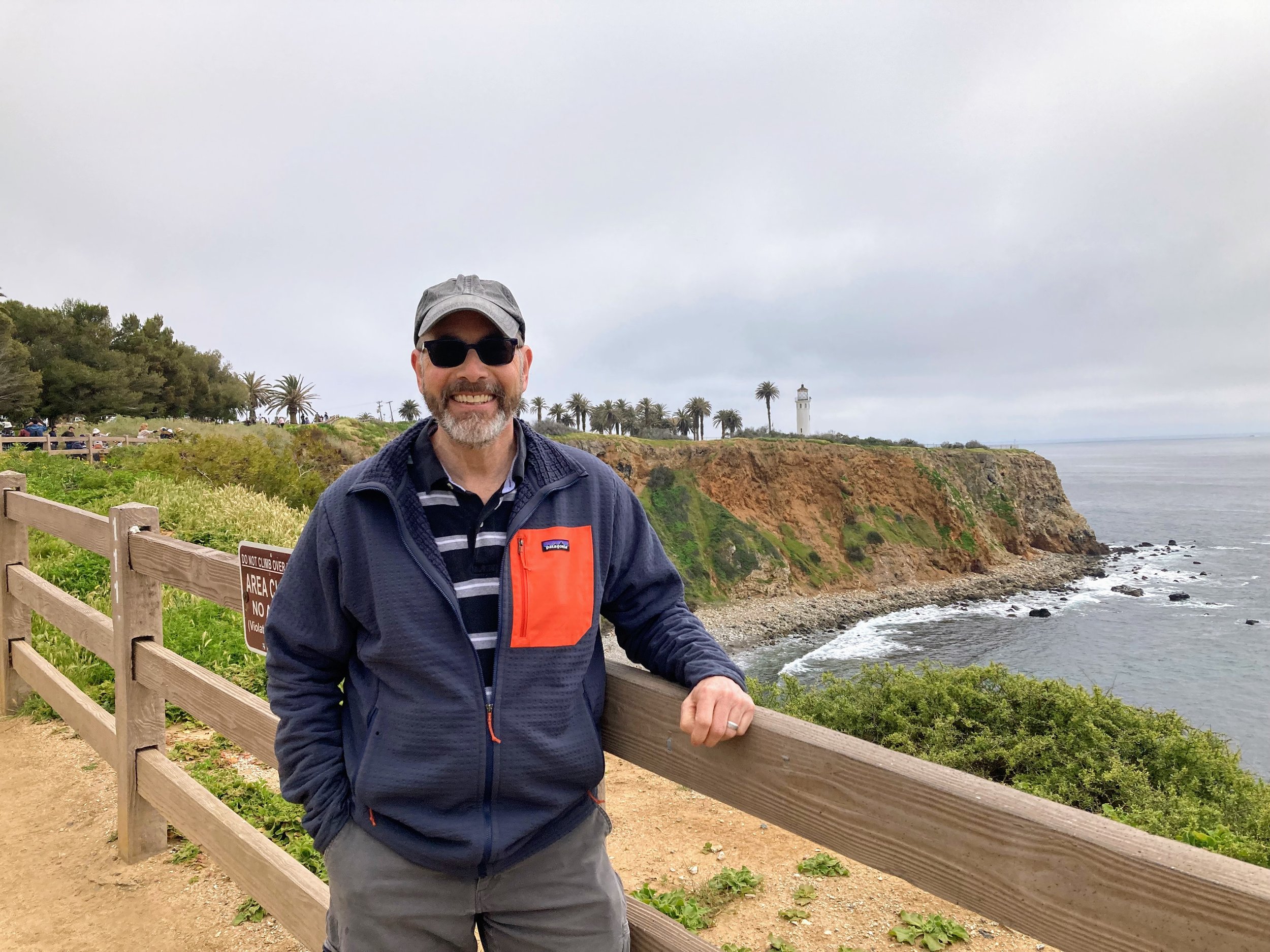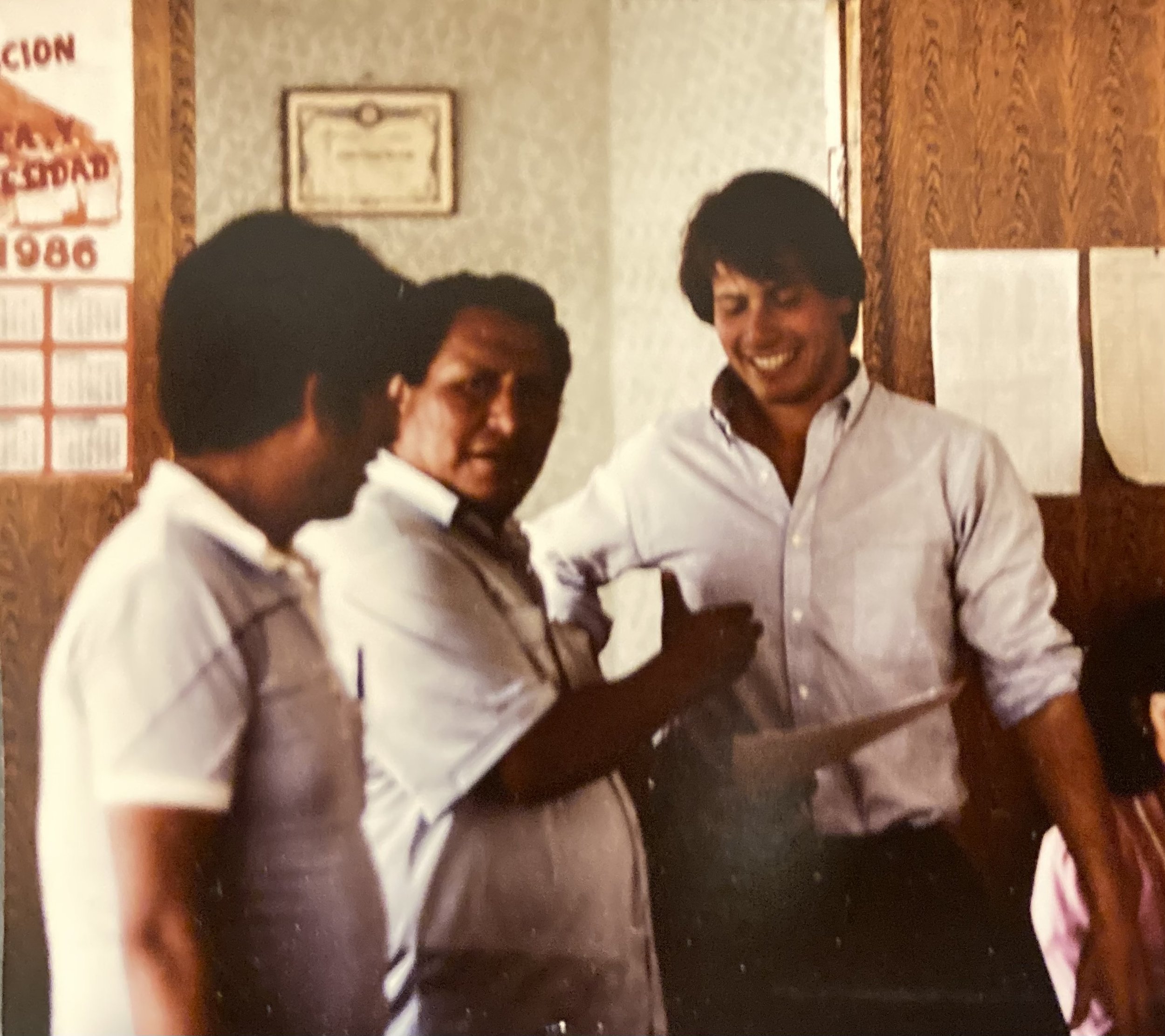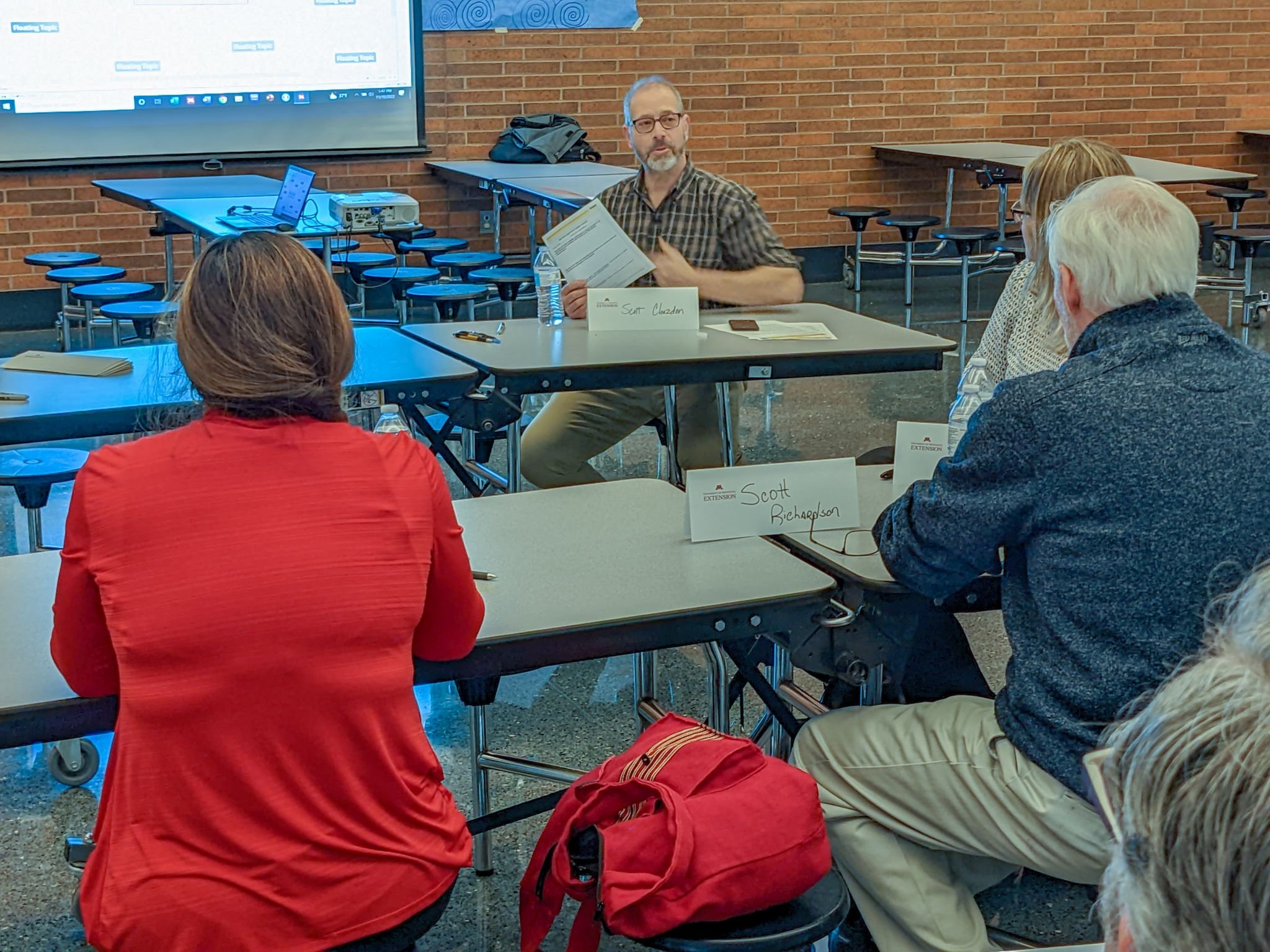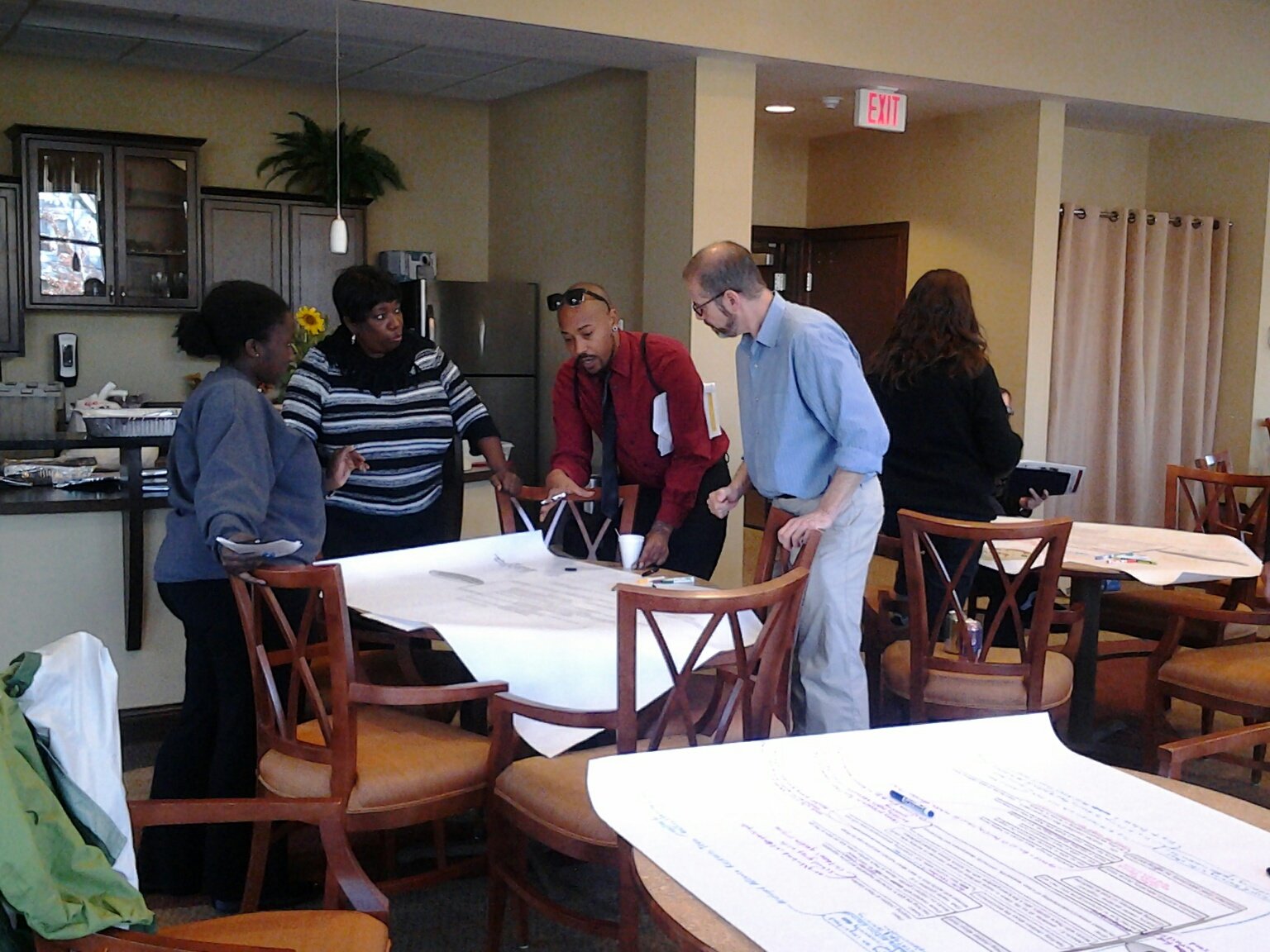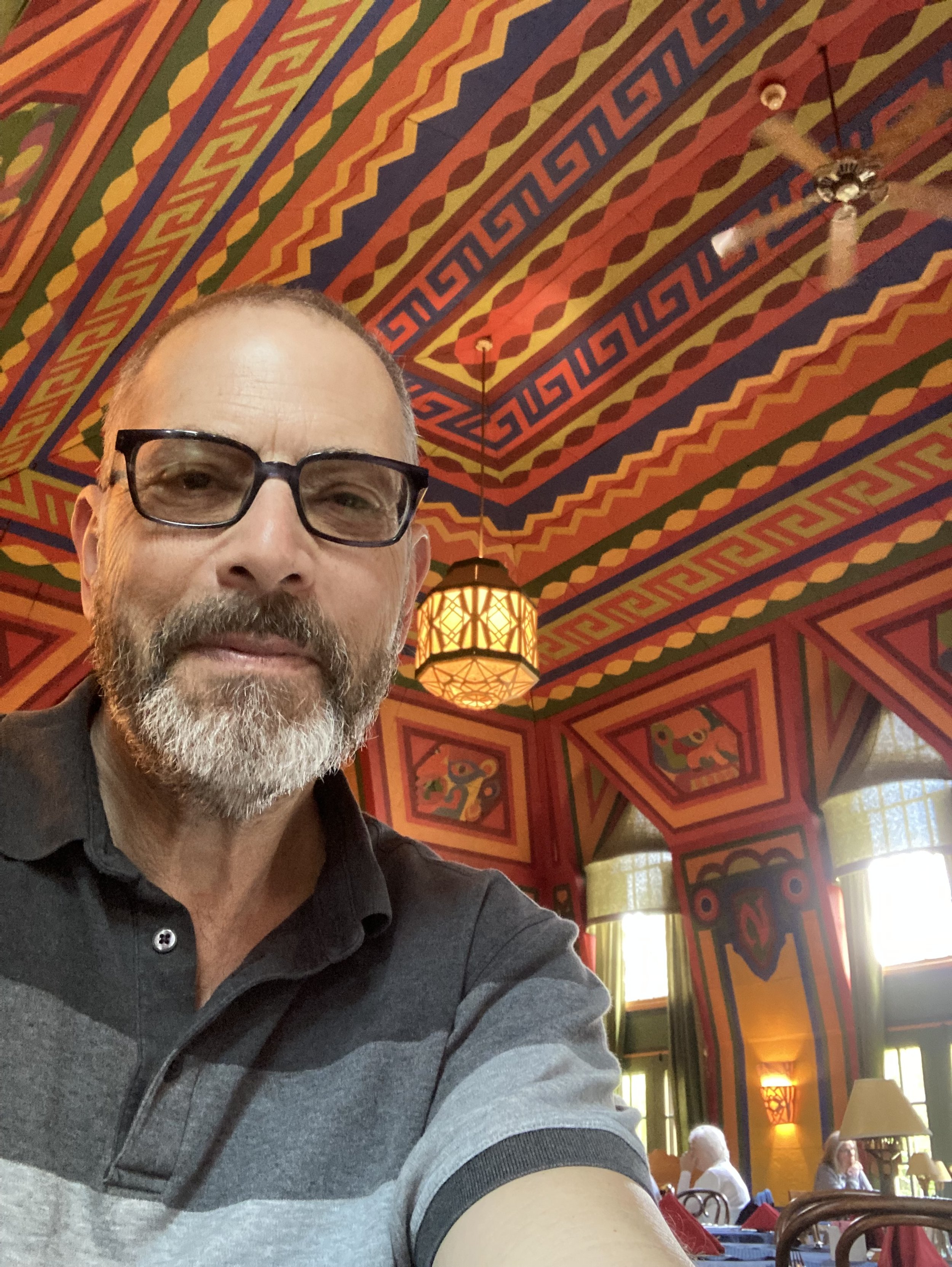Nice to meet you, I’m Scott
I’m a sociologist, evaluator, husband, and father of two adult daughters, a dog and a cat, with a passion for bringing people together through the unique stories and the connections they create with each other and the greater good.
Based in Saint Paul, Minnesota, USA
B.A. Macalester College, urban studies major, sociology minor (1983)
M.A. University of Florida, Gainesville, sociocultural anthropology (1987)
Ph.D. University of Denver, sociology (1996)
My commitment to evaluation and social justice was deeply influenced by childhood experiences. I grew up in a Jewish family in Chicago’s South Shore neighborhood during the 1960s. This was a period of fear mongering and White flight as court decisions ended some of the housing discrimination that had prevented African American families from buying homes in the neighborhood. By the time I was in third grade, all of my relatives had moved away, nearly all the synagogues had left, and South Shore had become a predominantly Black neighborhood.
The need to understand the social and historical forces surrounding me led me to become a social scientist. I learned that sociologists at the University of Chicago called what happened in South Shore “racial succession,” invoking ecological imagery to describe patterns that were far from natural, ignoring how the all-too-human legacy of racism and financial exploitation has shaped American cities. In college, a semester abroad in Bogotá, Colombia broadened my perspective from domestic to global patterns of exploitation and resistance. After college, I worked as a community organizer and a policy researcher, and in graduate school I was drawn to participatory and applied research. I conducted my Master’s thesis about transportation access in the squatter settlements of Arequipa, Peru and studied anti-redlining laws in the U.S. for my PhD.
I started my position as evaluation specialist for University of Minnesota Extension in 2007 and have led efforts to measure program outcomes and community-level impacts. With my background in qualitative sociology and anthropology, I found ways to use highly engaged evaluation tools such as depth interviewing and participant observation.
Then I learned about Ripple Effects Mapping and saw the power of conducting the evaluation work as a group activity with mind mapping. Every time I conduct a REM session, I am blown away by the generative power of the process of engaging people to reflect on their successes (as well as their challenges). As an evaluator who wants my work to make a difference, I cannot think of a better way to support the generative energy of a group, and to yield information that is useful for the traditional stakeholder audiences such as funders, as well as deeply meaningful and useful for the participants themselves.
With gratitude,
Scott
